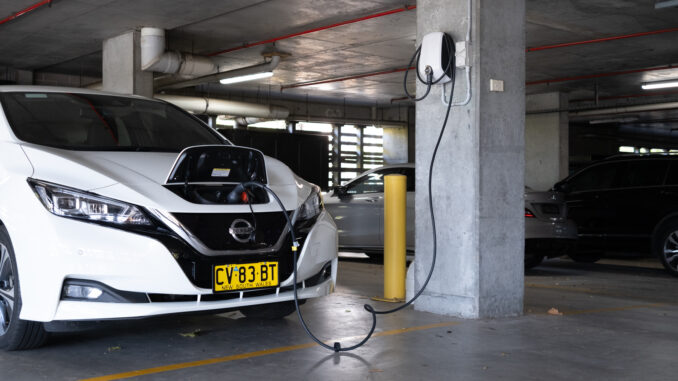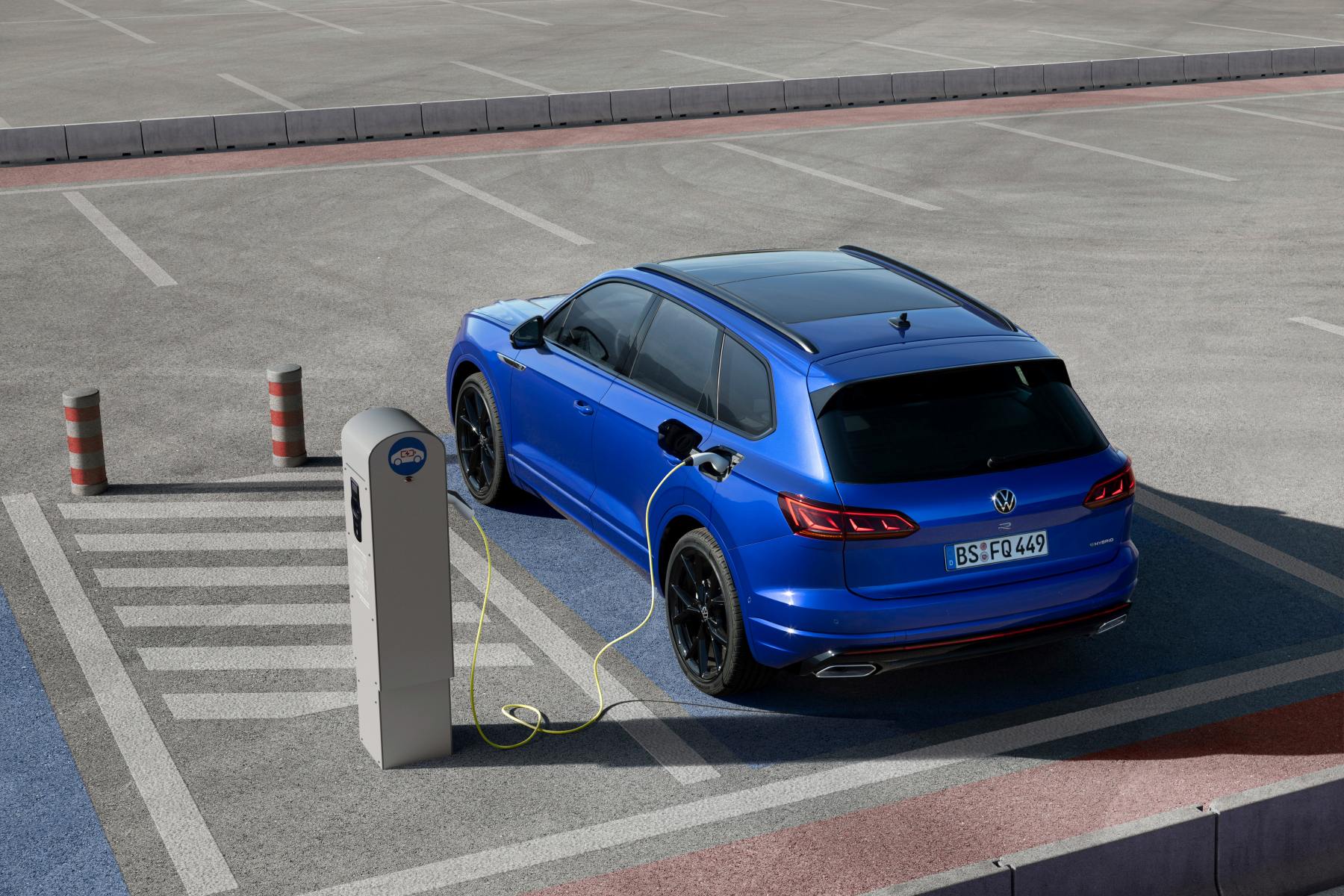
Fuel Efficiency – The Federal Government has taken an historic step in the journey to reduce vehicle emissions with the release of the Fuel Efficiency Standard – Cleaner, Cheaper to Run Cars for Australia Consultation Paper.

More details can be found HERE
“Australia’s automotive industry has been calling for a Federally led standard for many years and introduced its own voluntary scheme in 2020 in an effort to initiate some action,” FCAI Chief Executive Tony Weber said.
“The Federal Government’s announcement this morning acknowledges the proposed scheme will be suited to Australia, apply all available emissions reducing technologies and ensure that Australian families and businesses are not disadvantaged in terms of choice and price.
“The questions and topics raised in the consultation paper highlight the complexity of the issue and demonstrates the Government has done its homework to ensure any future emissions standard is not a simplistic copy of an overseas standard but instead suited to Australia.
“The FCAI and its members will work alongside the Federal, State and Territory Governments to progress the development of a fuel efficiency standard that reduces carbon emissions and encourages access to the world’s best zero and low emissions vehicle technology,” he said.
Govt Fuel Efficiency Standard comment
The Australian Government has announced its National Electric Vehicle (EV) Strategy.
The strategy paves the way for greater EV affordability, access to charging stations, and a massive reduction in emissions. Initiatives also focus on expanded EV availability and options for buyers.
The strategy was informed by public consultation, with more than 1,500 individuals and over 200 organisations provided feedback.
Next steps
The state and territory governments have agreed to 6 key areas of collaboration with the Australian Government to enable the transition to EVs:
- National standards
- Data sharing
- EV affordability
- Remote and regional EV charging infrastructure
- Fleet procurement
- Education and awareness.


Be the first to comment